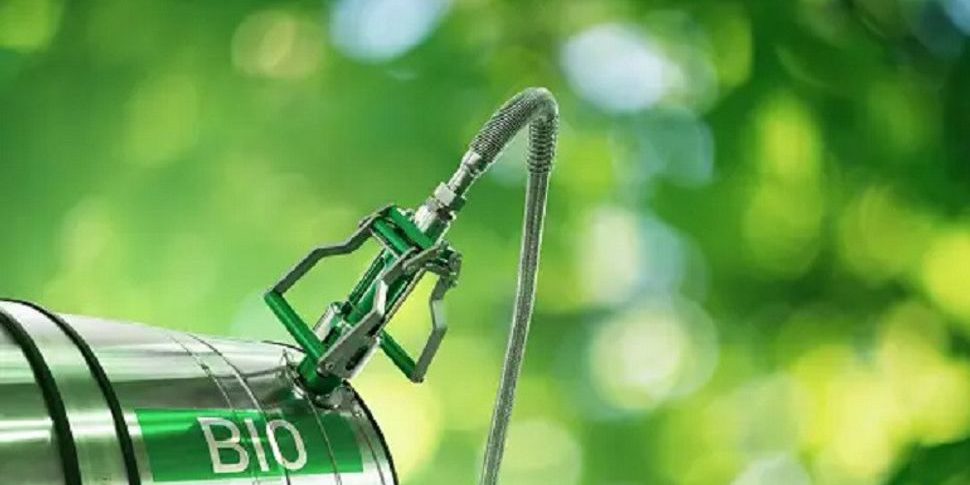The Indonesian government has started testing the use of B40 biodiesel blends in building generators and heavy-duty vehicles (HDVs) as the country aims to increase biodiesel use to reduce its use of imported diesel, local media sources reported.
The Lemigas Oil and Gas Testing Center (BBPMGB) of the Ministry of Energy and Mineral Resources (ESDM) tested whether the engines of four building generator sets from four different brands would start when using B40 biodiesel, according to the reports. “The test parameters carried out include generator environmental temperature, generator environmental humidity, generator B40 fuel temperature, generator oil temperature, and generator battery voltage,” said Head of Lemigas Mustafid Gunawan.
Indonesia is currently the largest importer of gasoline and diesel in the region due to its lack of oil refining capacity compared to its large population and has successively ramped up its biodiesel blending programme over the last decade to try and cut its import bill. The government announced plans last year to target mandatory B40 biodiesel blending by 2030 as the country aims to cut its reliance on imports and boost its agricultural sector. However, plans to further increase blending have been countered with the food versus fuel dilemma as most of the biodiesel produced in the country is palm-based.
The new tests come after the government announced plans to replace all of its fossil diesel imports with locally produced biodiesel as it aims to cut $20 billion off the country’s fuel bill and support production of domestically produced goods. The country has also set a new target of 12.5 million kilolitres of palm oil-based biodiesel consumption this year which is 2.3% higher than its 2023 target.
The ESDM has estimated that around 15.3 million mt of crude palm oil (CPO) will be needed to support B40 while the country’s second-largest CPO producer projects that 36 million tonnes of CPO will be needed to support B100. Indonesia’s total biodiesel production was up 14% year-on-year in the first quarter of the year to 3.4 million kilolitres while biodiesel exports plunged by 87% to 13,791 kilolitres, according to data from the Indonesia Biofuel Producer Association (Aprobi).
Source: Quantum Commodity Intelligence
Disclaimer
This article may contain copyrighted material, the use of which may not have been pre-authorized by the copyright owner. This material is made available for the purpose of giving information and knowledge. The material contained on the Astra Agro website distributed without profit. If you are interested in using copyrighted material from this material for any reason that goes beyond ‘fair use’, you must first obtain permission from the original source.










